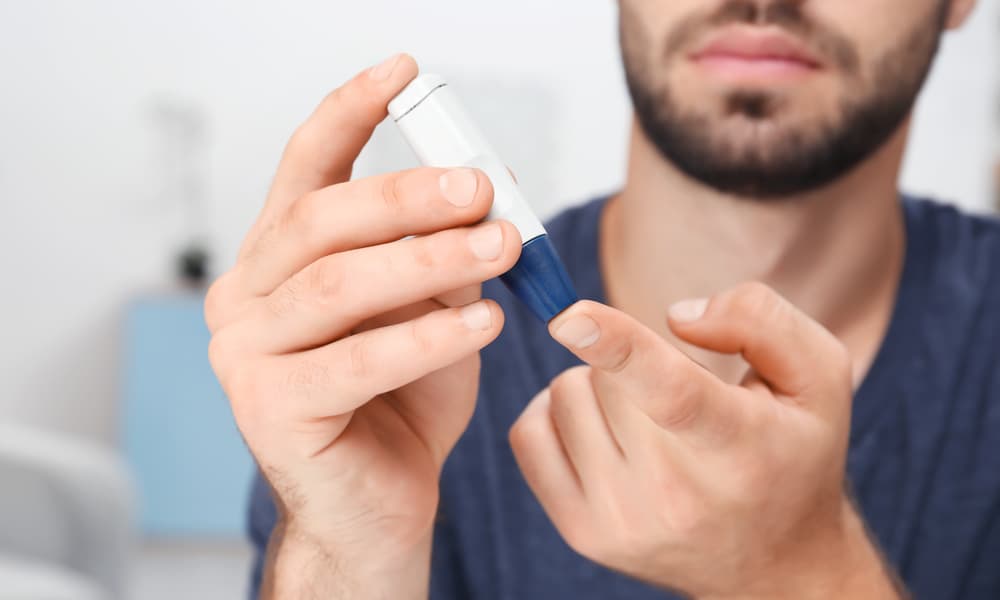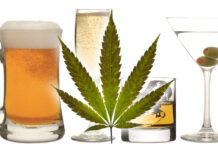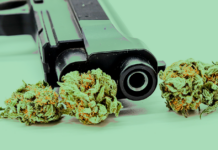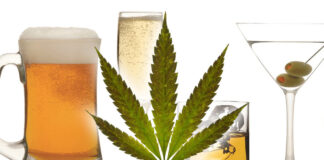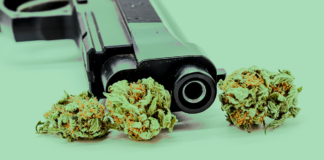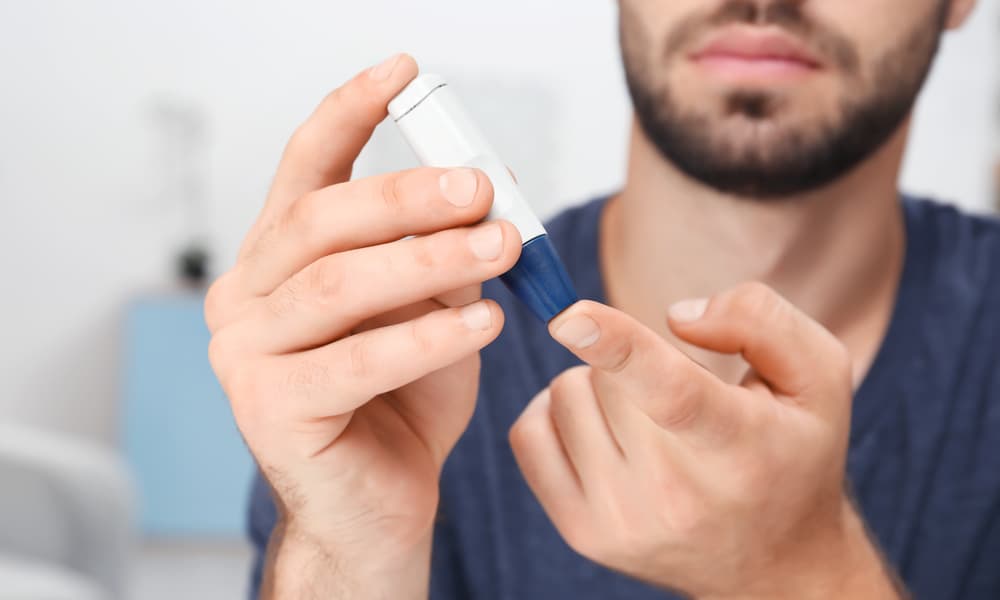
A new study published today in JAMA Internal Medicine has identified a possible link between cannabis and a condition associated with Type 1 diabetes (T1D). That condition, diabetic ketoacidosis (DKA), is a dangerous and potentially life-threatening complication. And researchers say that cannabis-use increases the risk of experiencing DKA two-fold compared to non-users. The study’s findings are crucial, especially because many people have heard that cannabis can help people with Type 2 diabetes. The perception that cannabis is safe, or even helpful, for patients with diabetes may cause more people with Type 1 to consume cannabis. But doing so puts their health at significant risk, researchers say.
Cannabis Use Can Cause Severe Dehydration and Brain Swelling for Type 1 Diabetes Patients
A study titled “Association Between Cannabis Use and Risk for Diabetic Ketoacidosis in Adults With Type 1 Diabetes” has concluded that patients with Type 1 diabetes are at heightened risk for experiencing a complication that leads to dehydration, brain swelling, coma, and even death. That complication is ketoacidosis, and researchers say cannabis-use makes T1D patients twice as likely to experience it as T1D patients who don’t use cannabis.
Ketoacidosis develops when blood sugar levels remain elevated for too long. The blood sugar causes high levels of acids known as ketones. Elevated levels of ketones are life threatening if they aren’t treated quickly. They can also cause nausea and vomiting making dehydration, and thus, ketone levels worse. This can lead to abdominal pain, shortness of breath and confusion. Ketoacidosis is an emergency situation and patients experiencing it should go to the emergency room immediately, doctors advise.
Study Finds Cannabis Users Had Higher Blood Sugar Levels than Non-Users
The risk for ketoacidosis is twice as high in cannabis users with Type 1 diabetes than those who don’t consume cannabis. But the study also found that cannabis users had higher blood sugar levels and poorer blood sugar control than non-smokers. According to the study, all participants had poorly controlled diabetes, as measured by the presence of hemoglobin A1c (HbA1c). HbA1c indicates average blood sugar levels over 100 days. People with Type 1 diabetes should keep HbA1c levels below 6.5 percent.
There were a total of 450 T1D patients in Colorado who participated in the survey-based study, and 30 percent reported using cannabis. But the 70 percent of participants who did not report cannabis-use had average HbA1c levels of 7.6 percent. Yet cannabis users had even higher A1c levels, at 8.4 percent. In other words, cannabis users were controlling their diabetes more poorly than non-users. High levels of blood sugar increase the risk of heart attack, stroke, kidney failure, limb loss, and death.
More Research Needed on Cannabis and Diabetes
It’s important to note that this study only gathered data about T1D patients’ blood sugar levels, ketoacidosis, and cannabis use. The study did not investigate if or how cannabis might indirectly or directly cause ketoacidosis. In fact, scientists have no idea how or whether cannabis causes DKA. And that’s why researchers are calling for more research. We just don’t have very much data about how cannabis affects diabetes.
Previous studies, however, have identified links between cannabis-use and improved sensitivity to insulin. In other words, cannabis-use increased the body’s ability to metabolize sugar in the blood by making insulin more effective. But researchers observed those results only in patients with Type 2 diabetes. Type 2 diabetes is acquired in life and usually associated with obesity. Type 1, by contrast, is an auto-immune disorder that prevents the body from making insulin. Now, we know that cannabis use affects T1D and T2D patients very differently, causing heightened, dangerous health risks in T1D patients.
Unfortunately, the high percentage of T1D patients who reported using cannabis may be due to perceptions that cannabis can increase the effectiveness of insulin. But Type 1 patients should understand that cannabis use is dangerous, not helpful.


